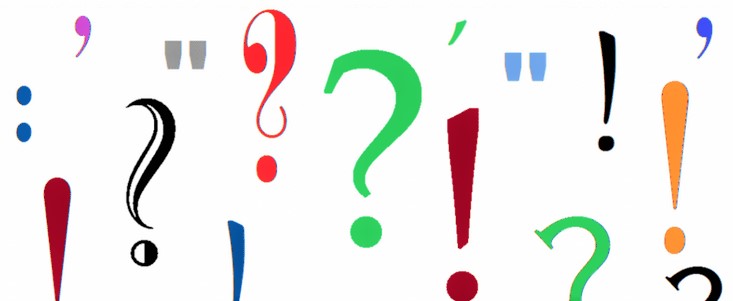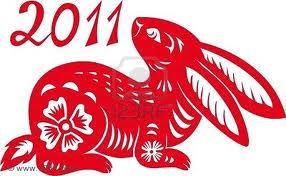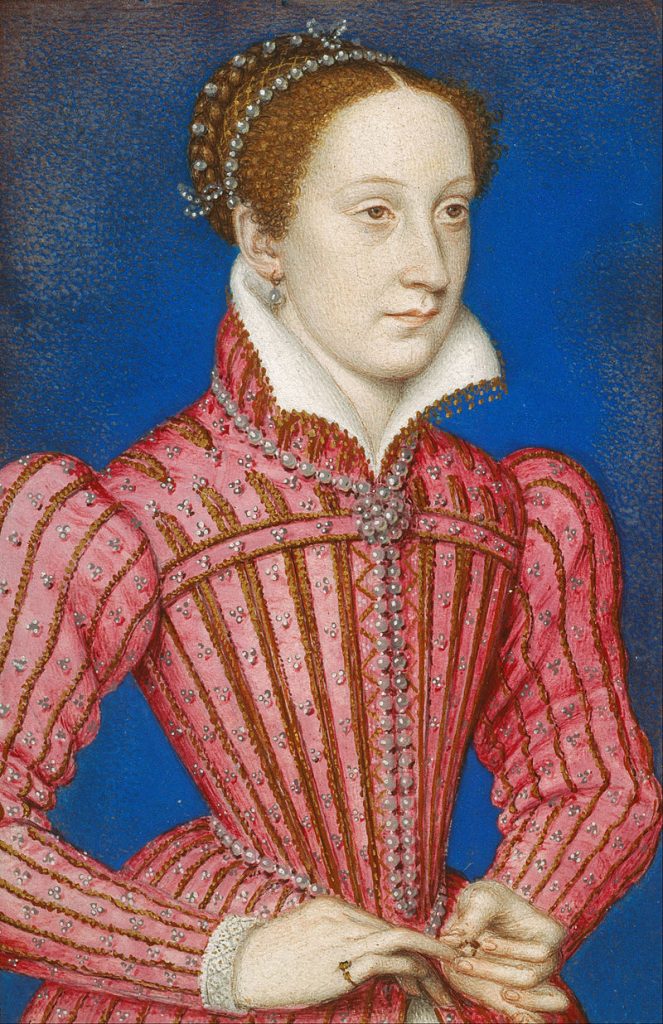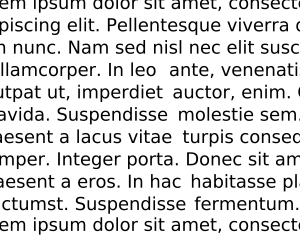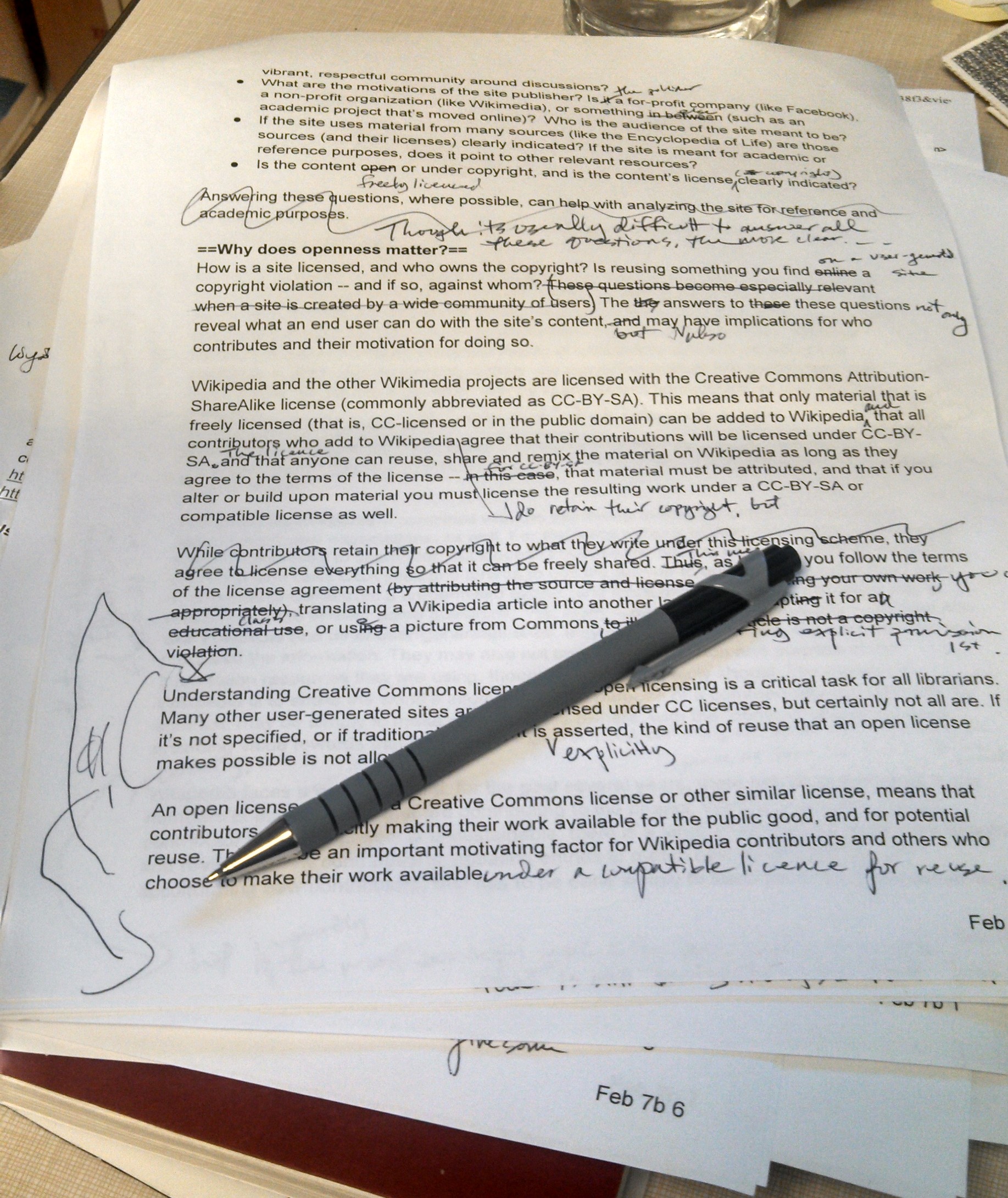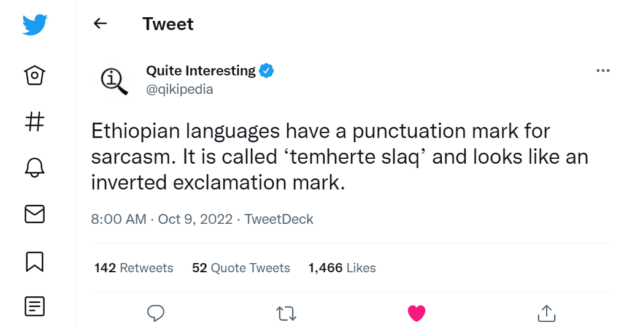
Category Archives: Punctuation

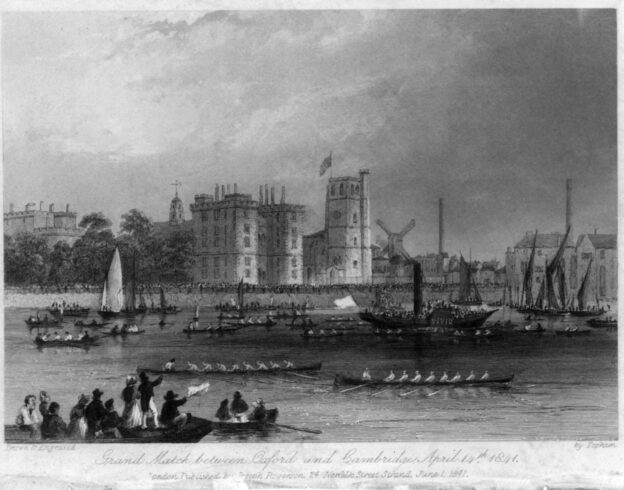
Oxford & Cambridge: is punctuation the new battleground for an old rivalry?
The annual Oxford and Cambridge Boat Race is coming up on Sunday. Will Oxford take the trophy back from Cambridge, who were victorious in their latest row-off last year? Tension is mounting in the historic rivalry between the famous British universities – and today it goes beyond the coxes and crews and the battle of the Blues. As reported this morning in the Cambridge Herald, Cambridge University has announced its introduction of the “Cambridge comma.” Rivaling the contentious Oxford comma, which – after the apostrophe – is probably the most divisive punctuation mark in the English language (see Glossophilia’s earlier post on the Oxford or serial comma here), the Cambridge comma introduces a punctuated pause AFTER the word “and“ in lists — i.e. before the final list item, with Oxford already having staked its claim to the prime position before the “and”.
An example of the new Cambridge comma illustrates the unexpectedly belated verbal interruption that it offers: “He packed up his books, cigars, teddy bears and, slippers.” Oxford’s remains more predictably timely: “He packed up his gowns, pipes, long-johns, and ties.”
Oxford and Cambridge have enjoyed an infamous but healthy rivalry for centuries, dating back to when they were the only two universities in England and Wales. Competition between the “Oxbridge” institutions is most famously characterized by the annual boat race, which takes place on a four-mile stretch of the River Thames. Now the colleges will have one more thing — in addition to the best cox and crew, the most famous alumni, the best academic ranking, the most renowned theatrical society — over which to compete: the relative value of their respective serial comma positions. Are you an Oxford comma kind of character, or a Cambridge comma cat?
A spokesman for Cambridge University was quoted in the Cambridge Herald remarking on this new role for the ever versatile comma: “Cambridge is proud to add a new, dynamic and, pause-worthy role to the most widely-used and abused punctuation mark in the English language. We look forward to seeing it flourish in literature, texts, DMs and, IMs as we encourage the world to take an added pause.” Read the full Cambridge Herald article here.
We didn’t see this one coming!
***
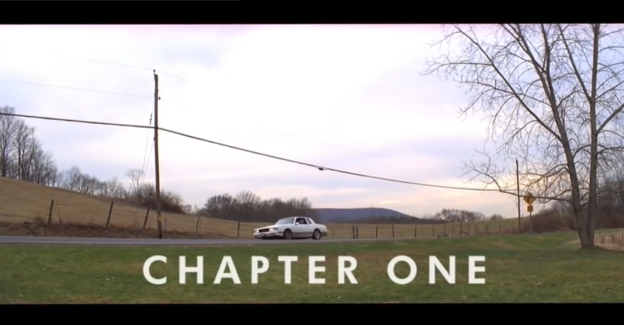
“A provocative challenge to pretence, priorities, and punctuation”
Just because …
***
Presidents’, Presidents, or President’s Day?
Well, which is it? Presidents Day, President‘s Day or Presidents‘ Day? Is the name of the American public holiday, which we’ll be celebrating on Monday, spelled with an apostrophe or not? And assuming it is a possessive day, i.e. belonging to either the first or all of our presidents, where should the punctuation be placed accordingly? Continue reading
On National Punctuation Day: an ode to a punctuation mark
It’s National Punctuation Day! To celebrate, Glossophilia is sharing Eric Nelson’s poem about the punctuation mark we all love to hate; the one that probably suffers the most misuse, abuse and aggro in our daily verbal lives. It’s like the viola of the punctuation orchestra: although it’s the butt of everyone’s jokes, and no-one really knows how to play it properly, we’d be so lost without it. Long live the long-suffering long-tailed apostrophe, and those that protect it fiercely from extinction. Continue reading
A fortune known as Bunny
Originally posted in May 2011.
Following up on my earlier post about misused em dashes, here’s a good example of a situation in which a couple of those dashes might have come in handy.
An article published in today’s New York Times about former presidential candidate John Edwards facing criminal charges ( you can read it here) includes a poorly-worded and badly-punctuated sentence that bestows a nickname on a million-dollar fortune:
“Investigators have said that the money came from two top donors — Rachel Mellon, the heiress to the Mellon fortune known as Bunny, and Fred Baron, Mr. Edwards’s finance chairman, who died in 2008.”
A more careful copy-editor would have corrected the punctuation to make the sentence read as follows:
“Investigators have said that the money came from two top donors: Rachel Mellon, the heiress — known as Bunny — to the Mellon fortune, and Fred Baron, Mr. Edwards’s finance chairman, who died in 2008.”
Or more simply — and avoiding the em dashes altogether by using a well-understood practice of indicating monikers — the sentence could have placed the offending nickname in quotation marks between Ms. Mellon’s first and last names. Poor — or rather rich — Bunny.
***
Dog’s bollocks
You learn something new every day. Today I learned something about one of my favorite phrases. Do you know what “dog’s bollocks” meant originally? (I bet you don’t.) Here’s a clue: it represented what the dog is apparently doing in the picture above. And, perhaps more importantly, do you know what the phrase means today? Continue reading
Is Mary Queen of Commas right about Mary Queen of Scots?
At the end of her recent (and fabulously entertaining) New Yorker piece about Mary Queen of Scots the movie, Mary Norris throws in a little punctuation lesson about the comma (or lack of it) in the Scottish queen’s name. “Mary Queen of Scots – both the regal title and the movie title – takes no comma,” argues Norris. “There is more than one Mary; the title is restrictive. She is Mary the Queen – you know, like Cedric the Entertainer or Chance the Rapper. Off with the comma!”
But is Mary Queen of Commas right about this? Continue reading
One space or two with your full stop?
Update, 6 May: the Washington Post has recently weighed in on this decades-long debate. Are you a single-spacer or a doubler? (The post that follows was originally published in August 2011).
During the process of editing (or “izing”, as we call it at 21C) a recent press release, we were asked by an impressively detail-oriented client to clean up a certain inconsistency in the document: there was a mixture of single spaces and double spaces after the periods (or full-stops, as some of us know them) at the end of sentences. The client had no particular preference for one space or two, but they rightly wanted a choice to be made – a rule to be followed – to maintain consistency.
Who would have thought that the question of this tiny little space – barely wider than a fat ant’s body – would inspire such discussion, disagreement and general excitement amongst my colleagues at 21C? Could it be because our usage of spaces after sentence-ending periods can actually date us? Continue reading
A short proofreading quiz on National Proofreading Day
Fancy trying your hand at a bit of proofreading, on National Proofreading Day? See if you can catch all the spelling, punctuation and grammatical errors in the five sentences below. A clean copy will be posted tomorrow. (Clue: you should be able to spot at least 10 errors, and a few more.) Good luck! Continue reading


